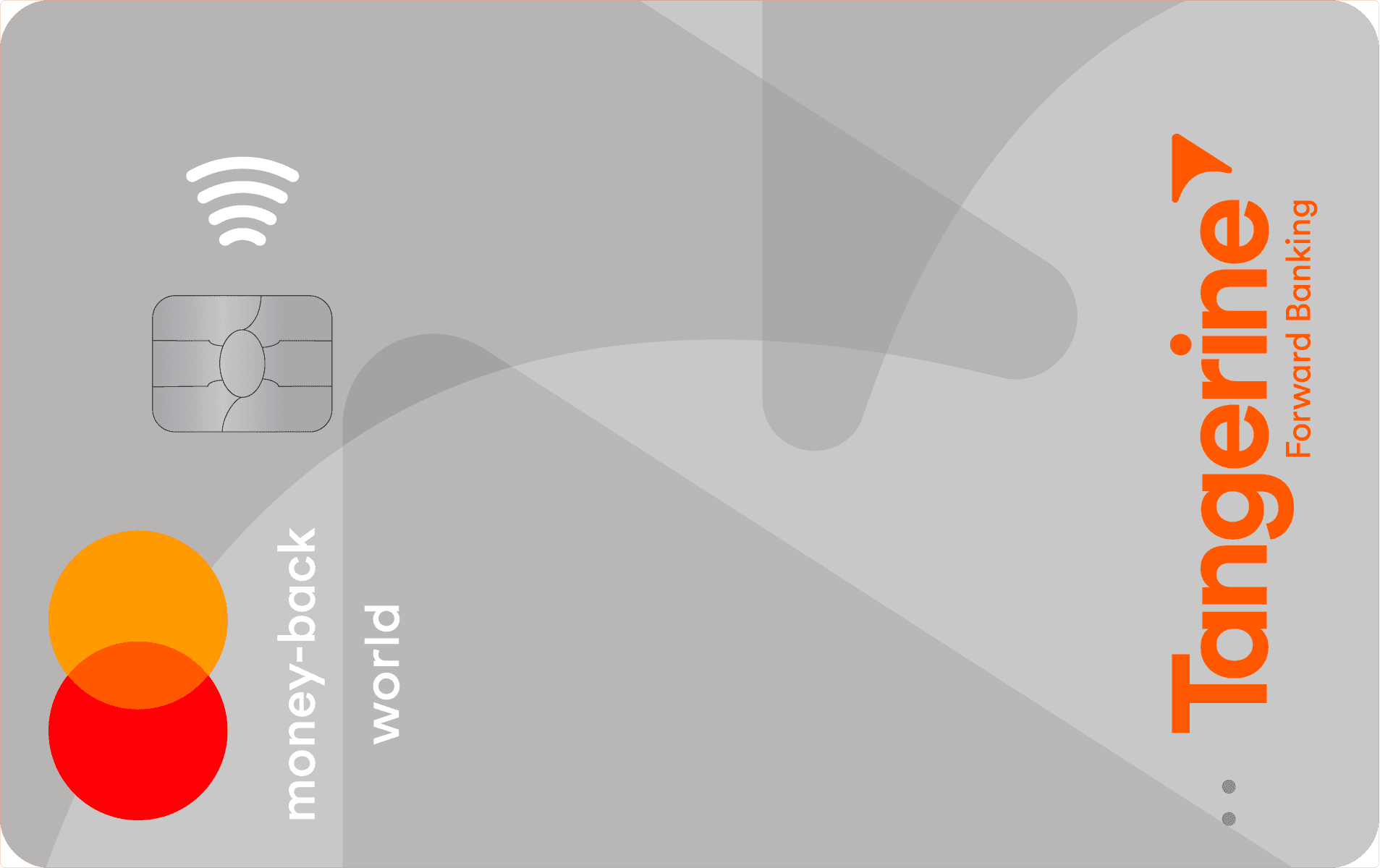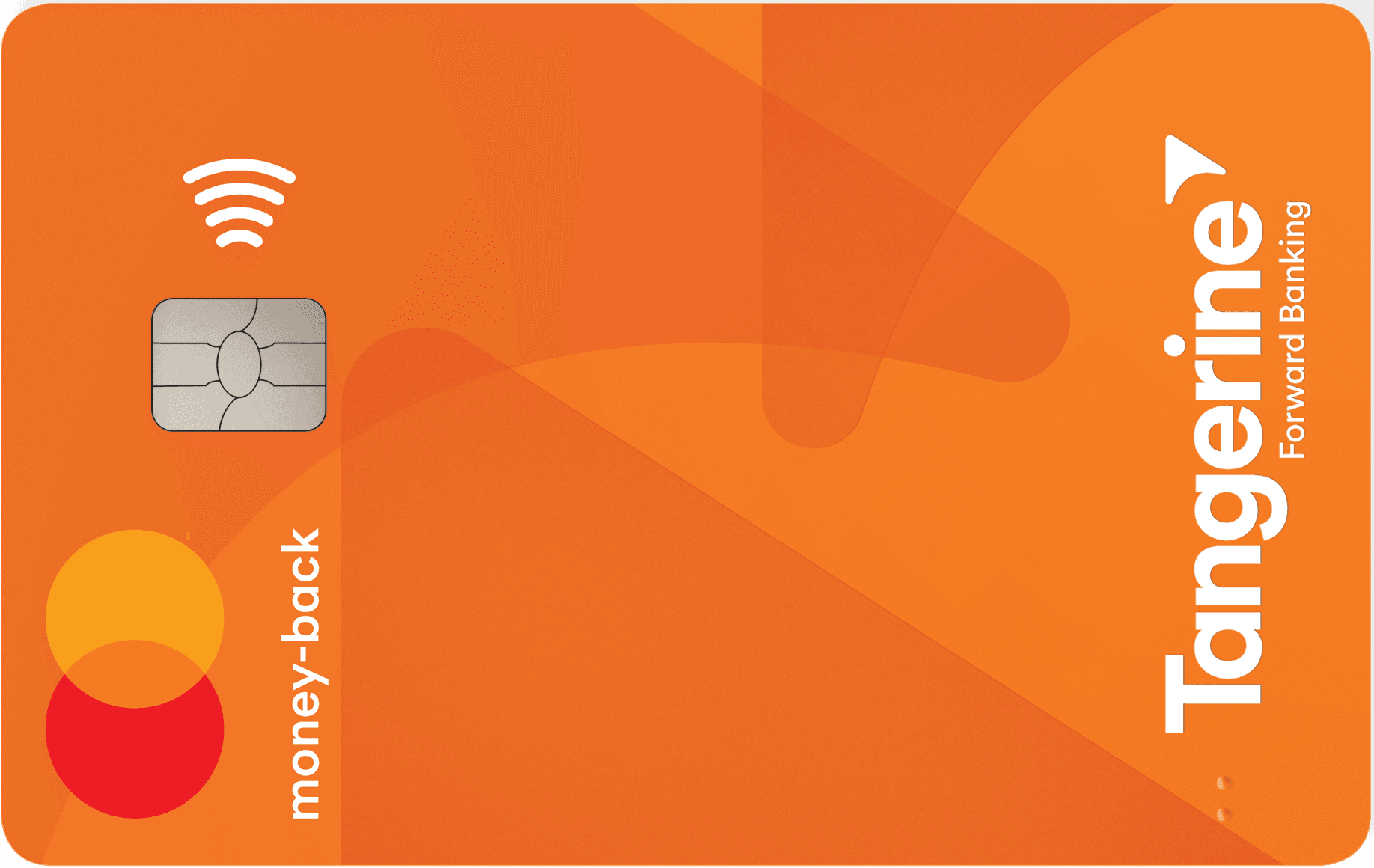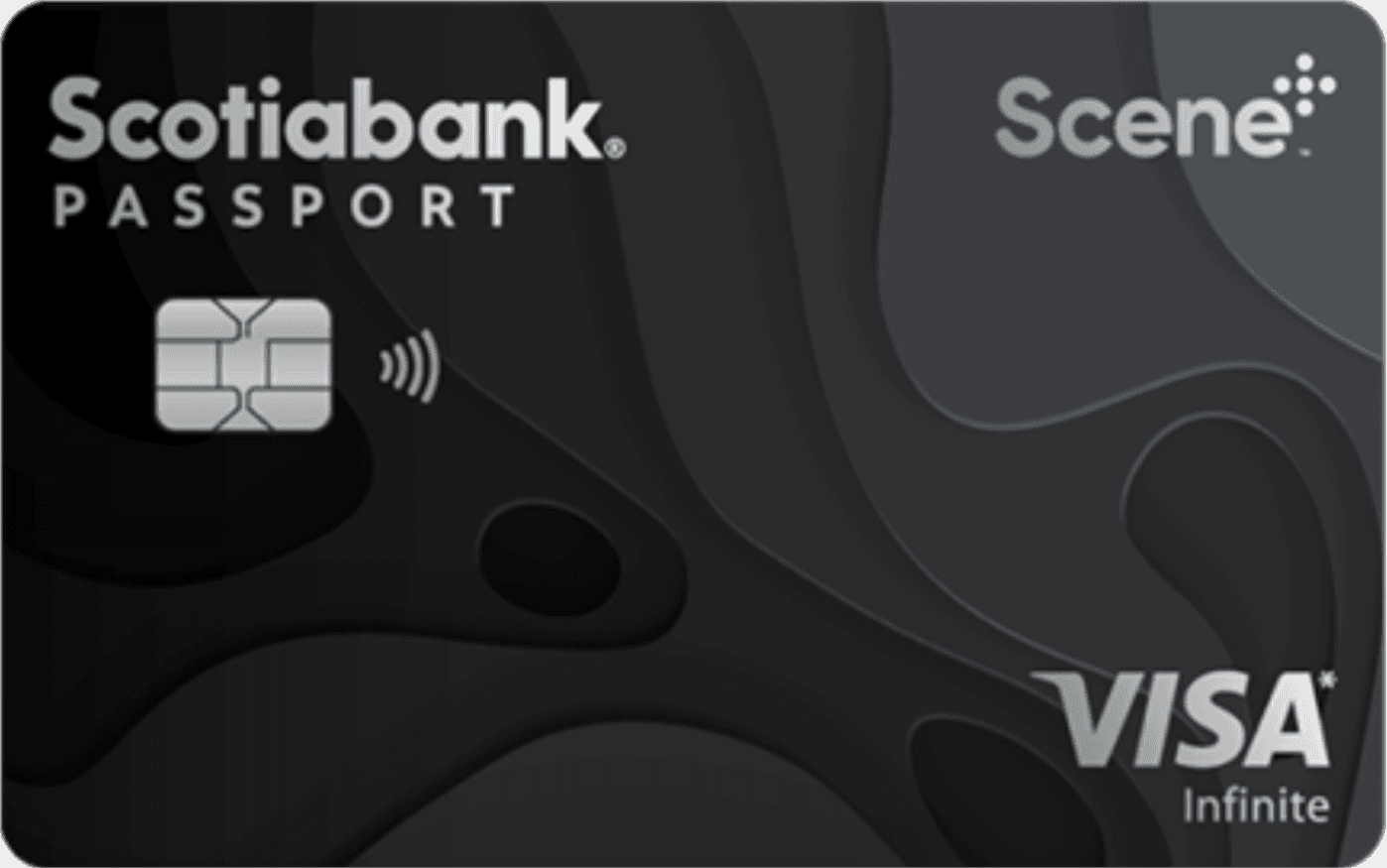Working hard in the background...
Credit Card Strategy: When and How Often Should You Pay in Canada?
Published Jan 10, 2026 12:57 PM • 6 min read
You are well into your journey of building your credit score: you have a credit card, and you always pay your bill on time. You may even be using your card to pay your regular bills. Now, the question you have is: “Is this enough? Should I also pay my credit card bill more frequently?” While the answer to this depends on a few factors, there are benefits to paying your credit card bill more often. In this article, we will explore the impact of making multiple credit card payments each month and whether this is a strategy that you should follow.
The Cost of Waiting: Interest Adds Up
When spending on a credit card, it is easy to think of it as free money. But it is not. Interest charges can build up quickly if you carry a balance from one month to the next. The key to avoiding them entirely is to pay your full statement balance by the due date. Doing so preserves your grace period and ensures you never pay interest on regular purchases.
However, if you do carry a balance, the timing of your payments matters. Credit card interest in Canada is calculated daily based on your average daily balance, which is tracked over your billing cycle. This means that every day you have an outstanding balance, you pay interest on it. The same rule applies to other types of balances such as a cash advance, which starts accruing interest immediately, without a grace period.
By making multiple payments throughout the month instead of waiting until the due date, you reduce your average daily balance. In turn, you lower the amount of interest that builds up during the billing cycle. Even paying part of your balance earlier can save you money because it shortens the time that portion of the debt is charged interest.
For example, if you owe $1,000 and pay half midway through the month, you will pay less interest than if you wait until the end of the month to pay it all. The savings might seem small, but over time they can add up, and every dollar saved can go toward paying off your balance faster.
Credit Utilization and Your Score
The Canadian credit bureaus monitor your credit score, including your credit utilization ratio. This metric is the percentage of your available credit limit that you are using. Ideally, you want this number to fall under 30%. But, how is it calculated? Let’s look at an example: If you have an available credit limit of $5,000, but you spend only $3,000 on the card, then what is your credit utilization? We calculate this as $3,000 divided by $5,000. In this case, the equation provides us with a credit utilization rate of 60%. This is well above the ideal level of 30%. Even if you pay your balance in full after the statement closes, your credit score could still reflect a high utilization, since most issuers report your statement balance to the credit bureaus.
Benefits of Paying More Often
When it comes to paying your credit card bill more frequently, there are several benefits. These include:
· Interest savings: When you make multiple payments, it can reduce the average daily balance and, in turn, your interest charges.
· Lower credit utilization: As outlined in the previous section, the lower the reported card balance, the better your credit score will be. A higher credit score can allow you to qualify for new credit products, higher limits, and potentially even lower interest rates.
· More control: By making regular payments, you are more aware of your balance at all times. This helps you to avoid surprises at your billing time.
· Flexibility: When you pay your balance more often, it lets you align your payments with your paycheque dates. This provides more flexibility and a better opportunity to manage your cash flow.
Most Canadian issuers allow unlimited payments, though timing matters. And in most cases, there is a benefit to making more frequent payments to your credit card.
Creating a Payment Strategy
Knowing that payment frequency can help, the next step is to put a strategy in place. For example, you can start by aligning your credit card payments with your income schedule. If you get paid on a bi-weekly basis, then consider making a credit card payment on that same schedule. Whether the amount you pay is 50% of the outstanding balance or the full thing, it can help to make multiple payments. The benefit of this approach is that it can reduce interest charges on outstanding balances and smooth out your cash flow. It also ensures that a lower card balance gets reported to the credit bureaus. In turn, this can reduce your utilization and strengthen your credit profile.
Setting up automatic payments or calendar reminders is another way to avoid missing a due date. But it is advisable to keep an eye on your credit card balance, no matter how you decide to pay. Not only does this ensure you don’t overspend, but it also allows you to spot any fraudulent charges, giving you the chance to lock your card and report the transactions immediately.
Canadians often rely on credit cards for everyday expenses, which makes it important to have a well-structured payment plan, ideally one that matches your lifestyle. A plan is only as good as the follow-through, so no matter what you decide, be sure to stick to it!
Conclusion
Making credit card payments more than once a month isn’t necessary, but it can help you manage your spending and avoid missing your payment deadline. And, if you carry a balance, even small changes in timing can add up to savings.
If daily payments are ideal for you, then great. If not, no problem either. Just choose a payment frequency that works best for you. Regardless of the path you choose, the key is to stay consistent. And always pay more than the credit card minimum payment.
Frequently Asked Questions
Yes, you can. Multiple payments can benefit you by helping to control spending, reducing interest charges, and improving your credit utilization ratio. Many Canadians use this strategy to boost their credit score.
It might. The reason for this is that credit bureaus may look at your utilization before your statement day. Paying more than once a month lowers the reported balance, which helps maintain a lower utilization ratio. This ratio is a factor in credit score calculations.
The timing of your credit card payments can impact your score, but only if they lower the statement balance reported.
Yes, if you can, it is always the best course of action. Paying in full eliminates interest charges and shows lenders that you are a responsible borrower. It’s the best way to use credit cards strategically while avoiding costly debt.
Trending Offers

Tangerine® Money-Back World Mastercard®*

Tangerine Money-Back Mastercard

BMO Performance Chequing Account

Scotiabank Passport® Visa Infinite* Card
What's on this Page
About the author

Lauren Brown
Editor
Lauren is a freelance copywriter with over a decade of experience in wealth management and financial planning. She has a Bachelor of Business Administration degree in finance and is a CFA charterholde...
SEE FULL BIOAbout the editor

Faith Ogunkanmi
Editor
Faith is a seasoned finance professional with over six years of experience specializing in credit analysis, financial risk assessment, and business/personal lending. My background includes extensive w...
SEE FULL BIO